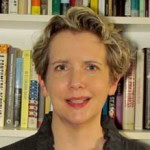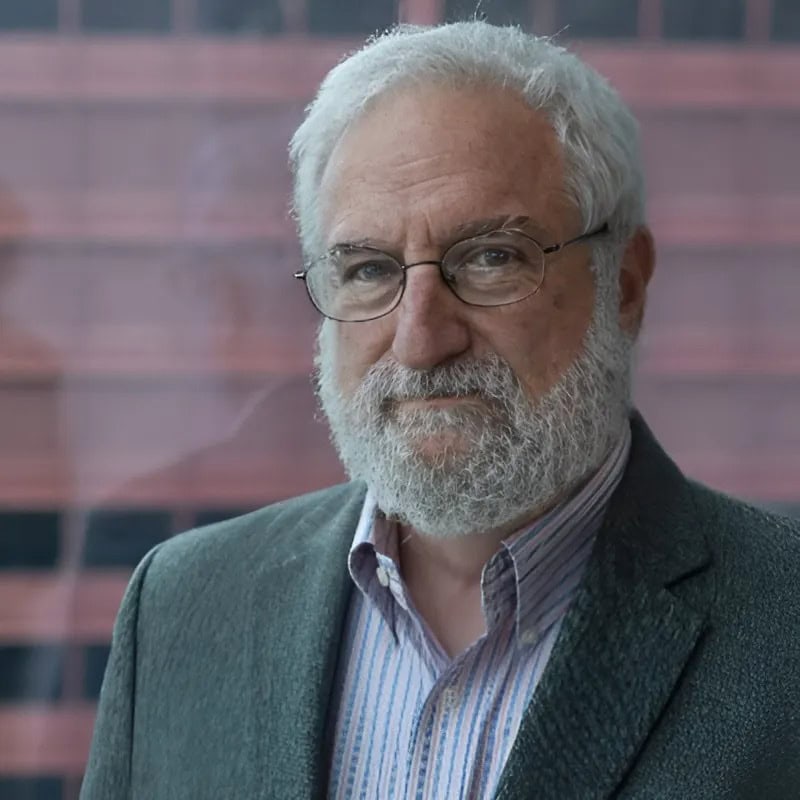After careful deliberation, the American Historical Association has determined that it will be impossible to hold the annual meeting in Seattle from January 7 to 10, 2021, as originally planned. The best available information—from public health authorities and medical experts, including the latest guidance from the Centers for Disease Control and Prevention, the World Health Organization, and state and local authorities—suggests that the global health crisis will not be sufficiently resolved by January to convene a national, or even regional, conference. Travel restrictions will probably remain in place, and a large gathering of people from around the country and the world would pose a health risk.
When the AHA announced this decision in July, we received many emails, all supportive, and a striking proportion noted how difficult the decision must have been. Actually, the decision wasn’t difficult at all. By July it was clear there would not be a widely available vaccine for the novel coronavirus by January. We couldn’t imagine asking AHA staff to travel across the country; nor could we in good conscience even suggest to our colleagues that it might be a good idea to gather in closed rooms, given the current state of knowledge about COVID-19 contagion.
That this decision was obvious did not make it any less disappointing. The AHA considers the cultivation of communities among historians to be one of its primary functions. One of the authors of this essay has dedicated much of her professional life to building and enhancing the experiences of these communities, at our annual meetings and elsewhere. The other author spends much of his work time learning from and enjoying collegial interaction with these communities. Our mantra, as many readers know, is “How can we help?” It’s easiest to ask that question in person, and in the context of the energy of the annual meeting.
Perhaps even more important, thousands of AHA members rely on the opportunity to meet in person to build professional relationships, share their scholarship, and engage in professional development. These functions of the meeting, therefore, have shaped our thinking about what to do instead. While we will not be able to connect in person, the AHA staff is preparing a variety of web-based programming over the next 10 months to continue to bring together our communities of historians with these activities in mind. This approach, rather than a virtual annual meeting taking place on only four days in January, seems more likely to address the needs of our members while also providing opportunities for innovation.
The AHA staff is in the early stages of working out the details of the web-based programming, which will be called Virtual AHA. This new series of video and online content will incorporate the AHA Colloquium, our name for content drawn from the canceled 2021 annual meeting. It will also include online teaching forums, career development workshops, a series of webinars called History Behind the Headlines, National History Center programming, and more.
The AHA staff is working out the details of web-based programming, which will be called Virtual AHA.
This work has already begun with conversations oriented especially towards teaching, historical issues in public culture, and provocative historiographical debates. Live attendance has ranged from approximately 150 to 1,500, with hundreds more viewing later on YouTube. The genre is new to us, but we’re learning quickly and are focusing especially on the utility of these presentations to teachers. Live viewers will find in the chat box links to readings mentioned in the conversations. We also welcome follow-up conversation in our Member Forum and other spaces in AHA Communities that focus on teaching or related issues.
We’re currently trying to envision digital analogues for receptions and other networking events. Suggestions are welcome as long as they require only modest financial and staff resources. Right now, we’re guessing these might take place during the days when the annual meeting would have occurred. We will definitely launch a virtual exhibit hall on October 1.
People originally scheduled to be on the program will have a variety of options to share their work. We will solicit feedback from them and from our membership as we develop plans over the course of the next few months. A preliminary survey of program participants revealed strong interest in presenting online. We are looking forward to working with participants on creative new ways to share their work. Keep an eye on the Virtual AHA website for regular updates.
A PDF program, documenting all sessions accepted by the AHA Program Committee and the affiliated societies, will be posted on the AHA website in the fall so that participants can document their expected participation for their CVs. Anyone who was expecting to deliver a prepared presentation will have the opportunity to post written remarks on the AHA website.
The AHA Council and staff express our deep gratitude for the hard work already done by the Program Committee chaired by Jared Poley and Lisa Brady, our affiliated societies, and those who organized and submitted sessions. While we can’t be together in Seattle, we will find ways to take advantage of the exciting program they have developed.
Everything has a history, including the largest annual gathering of historians. The year 2021 marks the second time the Association has canceled its annual meeting due to a pandemic. According to the AHA Annual Report, the 1918 meeting was canceled after “the recrudescence of influenza in epidemic form compelled the public health authorities of Cleveland to advise against holding the meeting.” The meeting survived and continued to evolve after that pandemic subsided. We look forward to the day when we can meet safely in person again; we hope that will be in New Orleans in 2022.
This work is licensed under a Creative Commons Attribution-NonCommercial-NoDerivatives 4.0 International License. Attribution must provide author name, article title, Perspectives on History, date of publication, and a link to this page. This license applies only to the article, not to text or images used here by permission.




